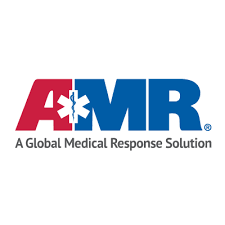The federal government has announced that Nigeria will host a global conference on Antimicrobial Resistance (AMR) next year.
People from different sectors—governments, development groups, private companies, schools, and civil society groups—will gather in Abuja to help fight AMR worldwide.
Professor Muhammad Ali Pate, the Coordinating Minister of Health and Social Welfare, shared the news in Abuja on Tuesday. He spoke during the launch of a committee that will help plan the AMR conference.
He explained that Nigeria was chosen to host the event after the last two conferences were held in Saudi Arabia.
He said this will be the first time the AMR conference is held in Africa. It is an important step for global teamwork and leadership in fighting AMR.
AMR is a serious threat to global health, food security, and development. It causes around 1.3 million deaths each year. The 2026 conference will build on commitments made at the 2024 United Nations meeting on AMR and turn those promises into real action.
After previous conferences in the Netherlands, Oman, and Saudi Arabia, the Abuja event will bring together health leaders, policymakers, UN officials, researchers, business leaders, and civil society. They will discuss progress, set new goals, and find practical ways to fight AMR.
The Minister said Nigeria is ready to lead the fight against AMR by working together across sectors. The conference will help improve accountability, get lasting funding, and support new ideas.
He added that the conference will be organized by Nigeria’s Ministries of Health, Environment, and Livestock Development. This shows a “One Health” approach that looks at human, animal, and environmental health together.
Idi Mukhtar Maiha, the Minister of Livestock Development, said AMR also threatens food and farming. He called for teamwork across different sectors to solve the problem.
The Minister of Environment, Balarabe Abbas Lawal, said it is important to work together to protect both health and the environment for future generations.
The 2026 conference aims to achieve strong results that will guide global plans on AMR ahead of future United Nations meetings.
It will give countries a chance to share ideas, expand successful solutions, and promise to meet AMR goals by the year 2030.


